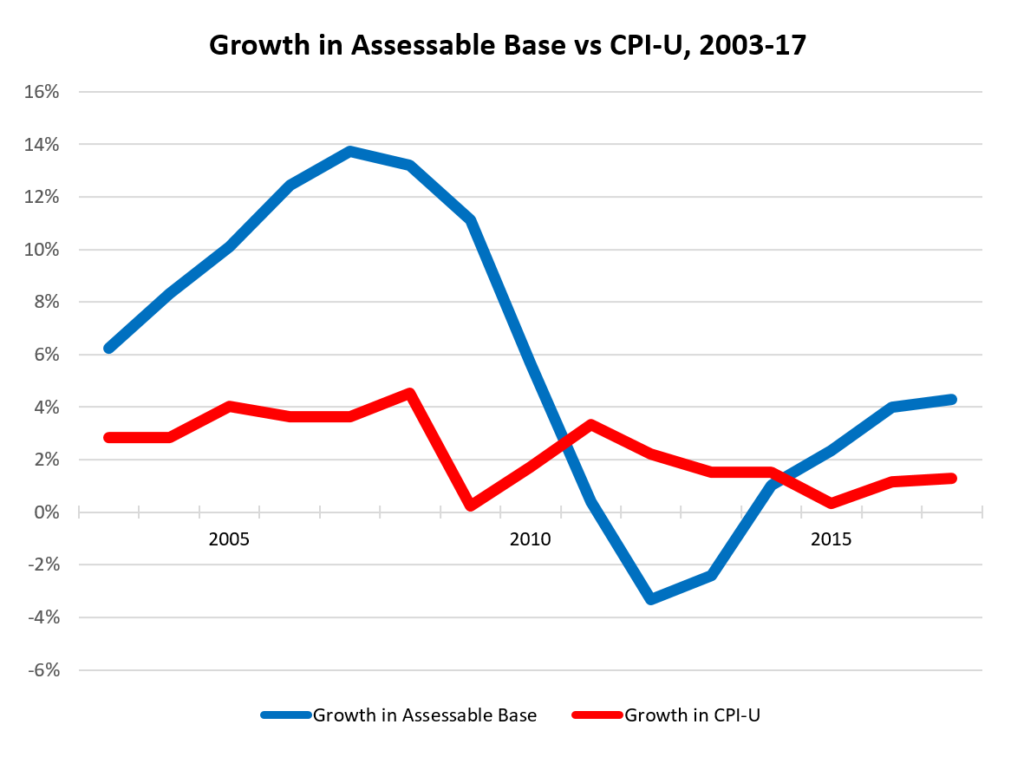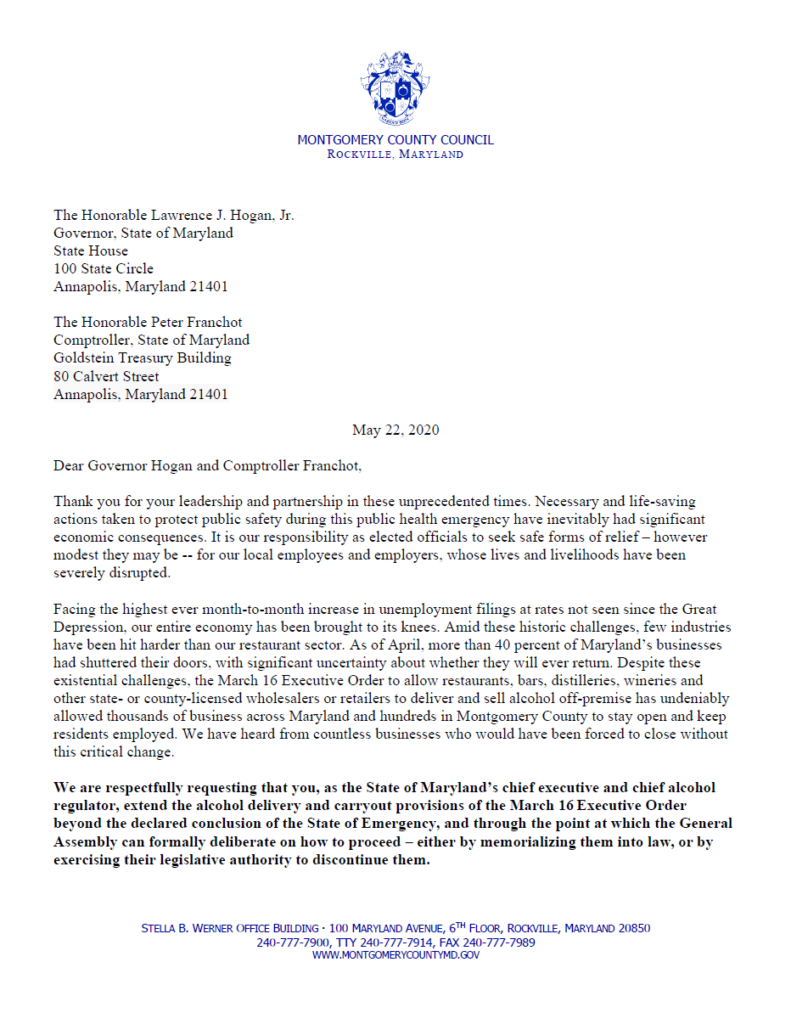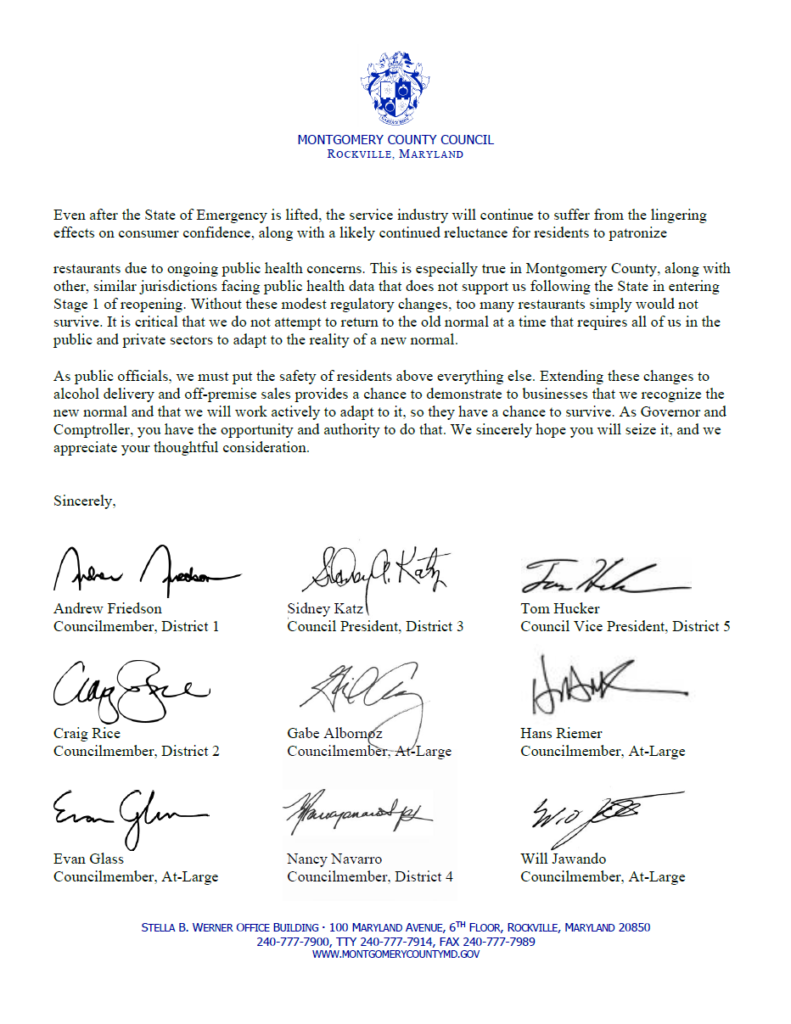By Adam Pagnucco.
Part One of this series laid out the rules and methodology for how we determined MoCo’s most influential people. These lists were developed by adding together the nominations of 85 people who are themselves extremely knowledgeable and influential. Now to the Final Four – the most influential elected officials in MoCo!
4. Council Member Andrew Friedson (D-1) – 32 votes
Source: He knows what local government is good for and what it’s not good for, and even if he frustrates you, you can’t help but admire how competent he is.
Source: Has carved out his own brand on a Council crowded with talent.
Source: More than any other member, Andrew has changed the terms of engagement on so many issues in front of the County Council. He’s taken to it like a sponge. His ability to keep the “main thing” the “main thing” is matched only by his incredible work ethic.
Source: He’s getting tons of respect as very sharp, with integrity, and isn’t scared to speak honestly and openly about what he sees going on.
Source: Andrew sticks out as the shiny new thing on the council for his willingness to show some moderation. This leadership is sorely lacking on a council dominated by the far left. If he can actually move the council toward the middle, he will have earned his title as “the real deal.”
Source: It is difficult to find anyone on this side of town who doesn’t love him. Truly wonderful.
Source: Burst on the scene, no signs of stopping; high marks for constituent service; fresh blood but smart enough to keep on seasoned staff from Berliner.
Source: Has shown incredible political savvy. Has done tremendous work in just his first year – economic impact analysis, vote against tax legislation, COVID19 response.
Source: Dynamic, smart, driven and witty, Andrew has made his mark as the voice of the business community. He is tireless as evidenced by his “home alone” video. He is always the last one to leave the Council building at night (unless he’s at an event).
AP: You would expect business types to vote for Andrew but he had broad strength among my entire source pool, even among those who sometimes disagree with him. Andrew GETS politics in a way that few other local politicians do. He can work the inside, he can work the outside, he can compromise and he can pull others along. He will have bumps in the road like everyone does, but remember this now and for the future: Andrew Friedson is the Real Deal.
3. Delegate Marc Korman (D-16) – 34 votes
Source: What a brilliant guy, and a serious transportation guru.
Source: The smartest person in the room, a future Appropriations chair, and has an underrated ability to cultivate allies.
Source: Brilliant. He absolutely knows how to get stuff done. He’s widely respected as a go to guy for numbers.
Source: Marc has carved out a niche as the dominant expert on mass transit and has earned the respect of his colleagues. Smart, hard-working, effective, and hyper responsive to constituents. One wonders how he has time to do it all. With the spectacles to complement his innate nerdiness, he could go a very long way with a little more charisma and charm.
Source: He’s just way smarter, more substantive, organized and hard-working than just about anyone else in elected office.
Source: Brilliant tactical legislator good at using all that to get things done. Well positioned in the House to get it done.
Source: Universally respected, Metro/transit geek (that’s a compliment), returns emails with superhuman lightning speed, knows Annapolis inside and out.
AP: Marc reminds me a lot of Anne Kaiser in terms of his work ethic, substance and steady Eddie temperament. He is also incredibly responsive and never neglects his constituents. Marc is one of the very best elected officials in the state and MoCo is lucky to have him.
2. County Executive Marc Elrich – 36 votes
Source: Half the Council may be ready to run against him but he writes the budget and sets the priorities.
Source: Love him or hate him, he’s been throwing fireballs from the left for decades. He took several tries to get on the council and y’all just couldn’t shake him off, now he’s your county executive. Deal with it!
Source: Rocky first year, has lost credibility with progressives on the housing issue, and administration seems to lack priority issues or obvious agenda.
Source: [On Elrich and Chief Administrative Officer Andrew Kleine] Consider the decisions they make, don’t make, and back-pedal on—this pair is the biggest influencer on county government whether they know it or not.
Source: I don’t agree with him at all, but his policies are shaping the county – for better or worse.
Source: His lack of vision and leadership is what influences events and issues in the county.
AP: The county executive, whoever he or she is, must be on this list. But Elrich is very different from his predecessors. For 30 years, he defined his political career primarily on what he opposed. That’s a great formula for being a contrarian council member but not much of a governing strategy for being a county executive. Elrich did not have a great start and now he is dealing with a budget crisis. If he can work productively with the council to fix it, he will regain some ground. If not, the council will make him irrelevant.
1. Congressman Jamie Raskin (D-8) – 38 votes
Source: Even though he is becoming more of a centrist neoliberal, you cannot argue his influence and ascent to national politics and how he’s beloved by all factions of MoCo Democrats.
Source: Right expertise at the right time.
Source: An unabashed liberal with unsurpassed talent to excite his far-left base. Wicked smart, respected, and likeable even among non-liberals. These abilities explain his quick ascension in Congress. Probably too liberal to run statewide, but I wouldn’t rule him out.
Source: Jamie Raskin has a lot of influence because he has total credibility with local progressives.
AP: I never thought I would see a MoCo member of Congress attain more popularity than the legendary Chris Van Hollen. I don’t know if Jamie is there quite yet, but he might be tied – and that’s incredible. Jamie was always a brainy and appealing progressive, but the contrast with a deranged, misogynistic and white supremacist president has amplified his impact. And in MoCo, it has made him a bona fide hero.
We are not done. Coming next – the most influential non-elected people in MoCo!




